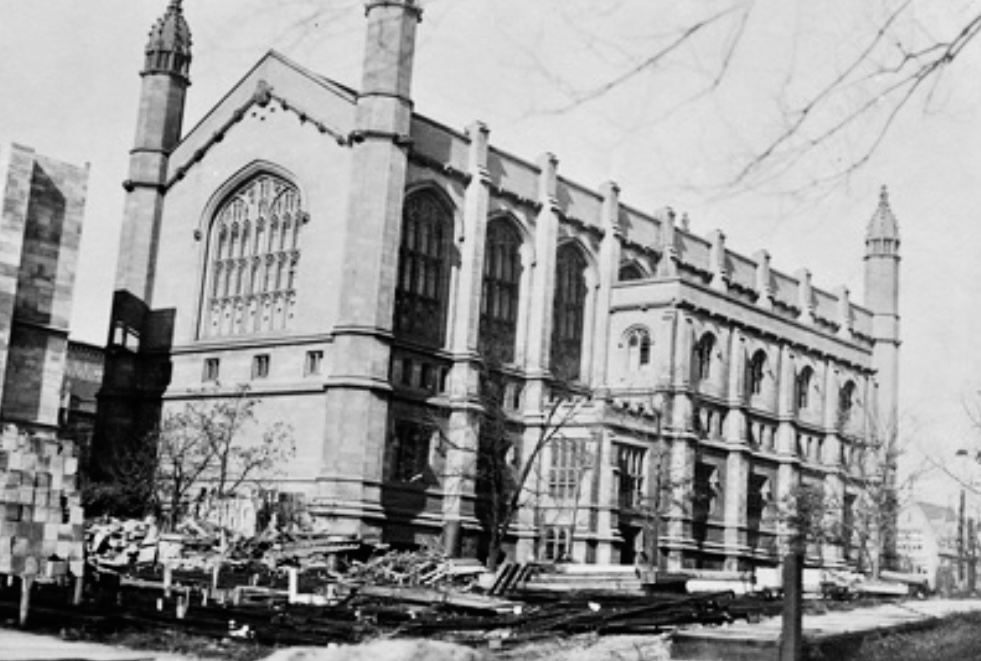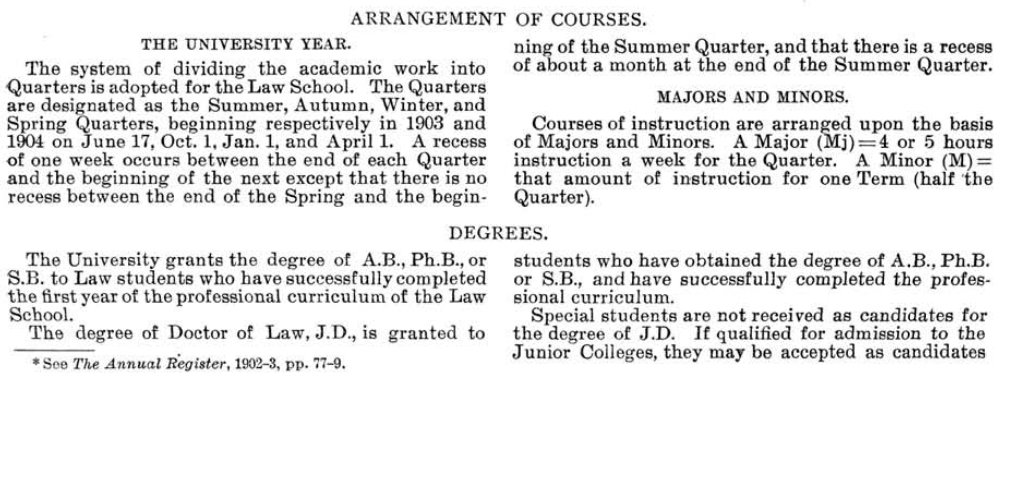⚖️ Judicial Fun Fact of the Day ⚖️
Did you know that, according to the Supreme Court, 9 Justices served as law clerks on the Court?
First up, we have Byron White, who clerked for Chief Justice Fred Vinson during the 1946 Term . . .

Did you know that, according to the Supreme Court, 9 Justices served as law clerks on the Court?
First up, we have Byron White, who clerked for Chief Justice Fred Vinson during the 1946 Term . . .


Next up, we have John Paul Stevens, who clerked for Justice Wiley B. Rutledge during the 1947 Term . . . 



In the third spot, we have William H. Rehnquist, who clerked for Justice Robert H. Jackson during the 1952 Term . . . 



In the fourth spot, we have Stephen G. Breyer, who clerked for Justice Arthur J. Goldberg during the 1964 Term . . . 



In the fifth spot, we have John G. Roberts, Jr., who clerked for Justice William H. Rehnquist during the 1980 Term . . . 



In the sixth spot, we have Elena Kagan, who clerked for Justice Thurgood Marshall during the 1987 Term . . . 



In the seventh spot, we have Neil M. Gorsuch, who clerked for then-retired Justice Byron R. White and Justice Anthony M. Kennedy during the 1993 Term . . . 





In the eighth spot, we have Brett M. Kavanaugh, who clerked for Justice Anthony M. Kennedy during the 1993 Term . . . 



And finally in the ninth spot, we have Amy Coney Barrett, who clerked for Justice Antonin Scalia during the 1998 Term. 



And for a bonus ⚖️ Judicial Fun Fact ⚖️ . . .
Did you know that one of these law clerks ended up serving as a member of the Court alongside the Justice for whom he clerked?
That would be Justice Gorsuch alongside Justice Kennedy!

Did you know that one of these law clerks ended up serving as a member of the Court alongside the Justice for whom he clerked?
That would be Justice Gorsuch alongside Justice Kennedy!


Paging @nicholas_bagley . . .
@StrictScrutiny_, hereafter, I will have this image of Justice Breyer in my mind when you discuss him!
• • •
Missing some Tweet in this thread? You can try to
force a refresh
























